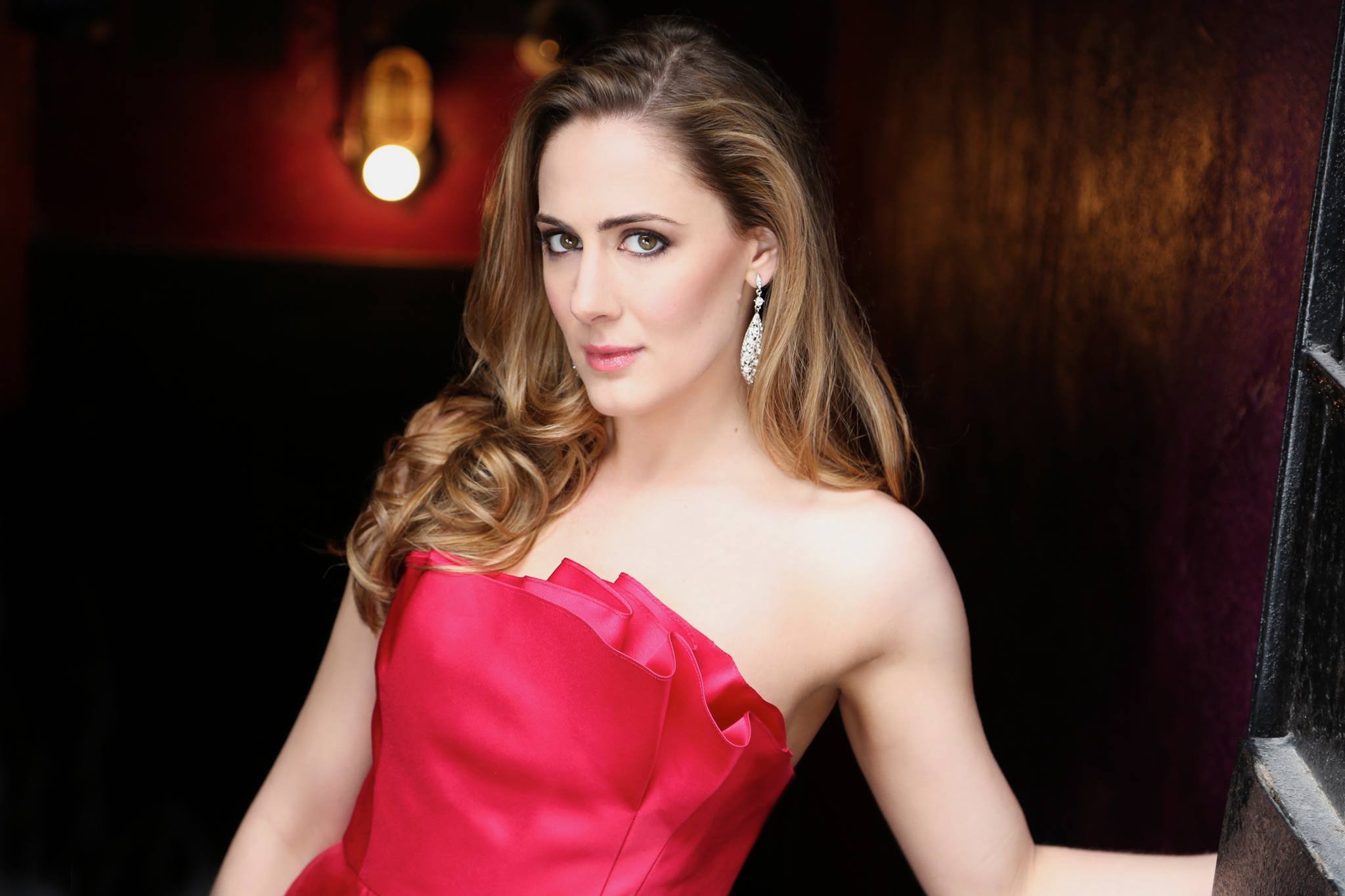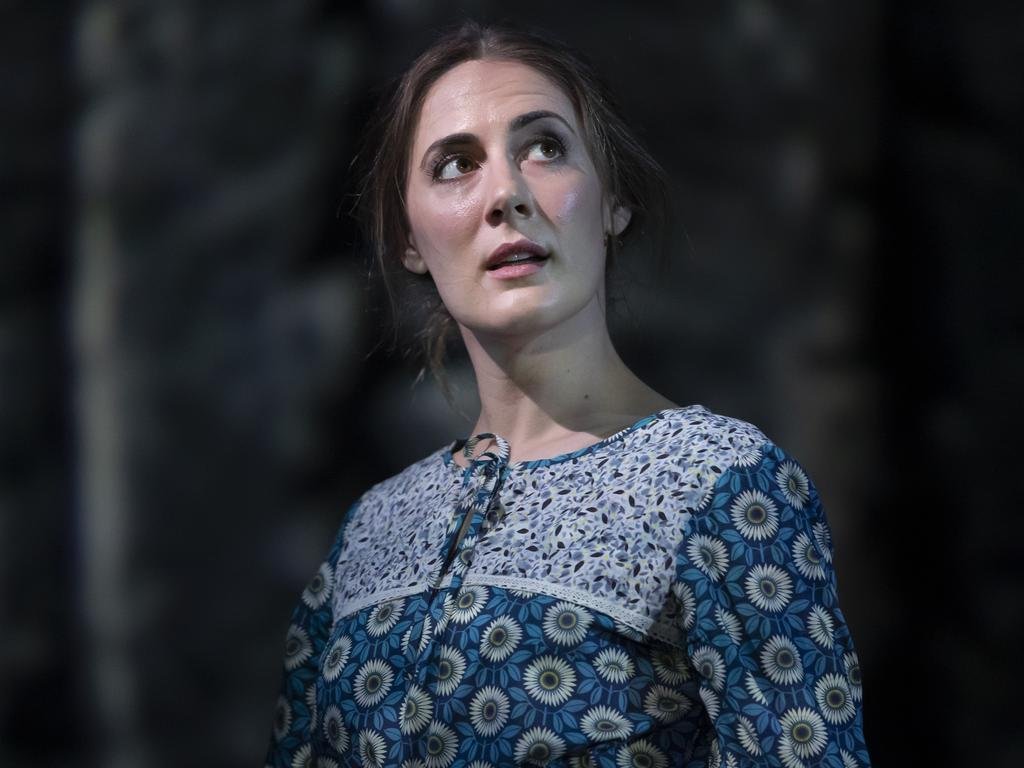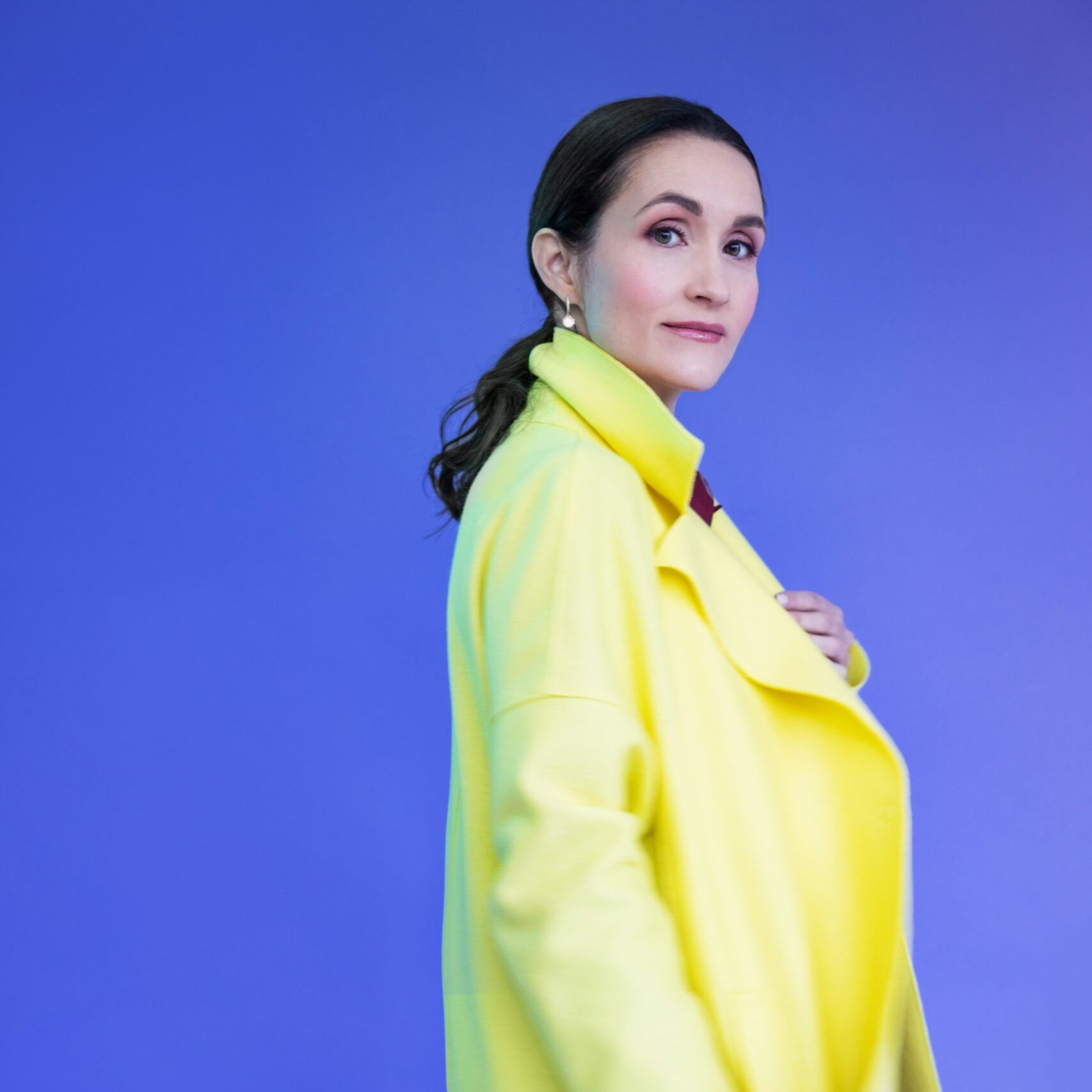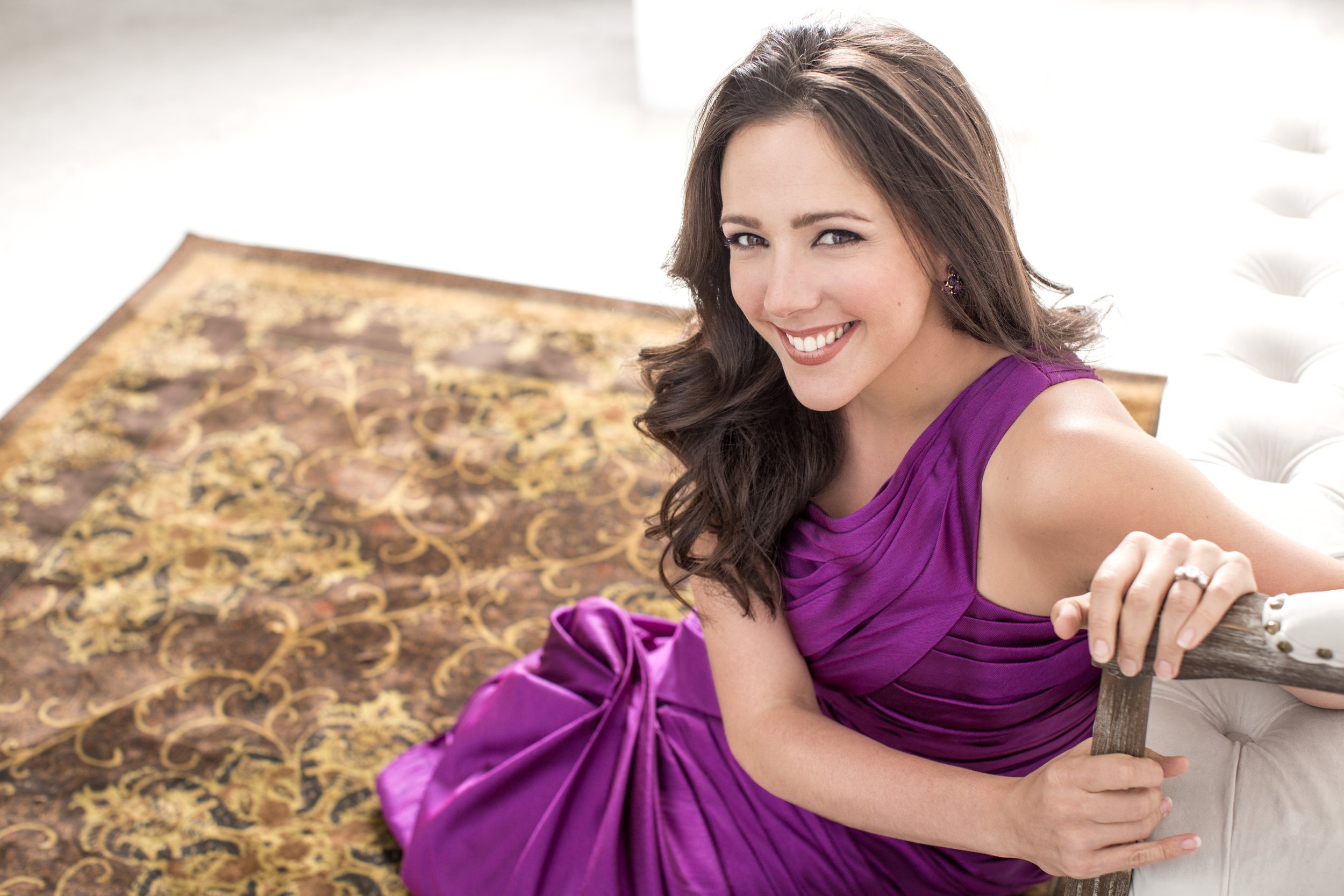An Interview With Sydney Mancasola
Sydney Mancasola (Kristin Hoebermann)
In 2019, soprano Sydney Mancasola earned a place in the operatic annals when she headlined the European premiere of Missy Mazzoli’s groundbreaking Breaking the Waves (excuse the pun). Since then, Sydney has established herself as one of the leading interpreters of the fascinating main role, and she recently spoke with me about that experience, Debussy’s enigmatic Mélisande, and the “thrilling” contemporary opera scene in the US. Enjoy!
Sydney in Pelléas et Mélisande at the Des Moines Metro Opera (Cory Weaver)
Initially drawn to musical theater, Sydney met opera at age 15, thanks to her first voice teacher. “I had planned to go to college for acting, but once I discovered opera, it felt like the perfect fusion of my two great passions: classical music and dramatic storytelling.“ The latter is why she loves roles such as Mélisande in Debussy’s Pelléas et Mélisande, “a puzzle you will never fully solve.” Mélisande is “much more about interpretation and characterization than vocal pyrotechnics. Being freed of the physical demands of so many roles I do allows me to live totally in the moment onstage. I love that if done right, the character creates more questions than answers for the audience. She’s a really fascinating person to me, a woman with a clearly traumatic past, but who seems to almost be living in each moment as though it’s her first day on the planet. For me she is something between human and wild animal in that she acts completely instinctively. She doesn’t fit in the world they are trying to mold her into, which is why she can’t survive.”
She has “had the fantastic challenge of era hopping quite a lot” — era hopping is now in the opera lexicon — taking on roles as varied as Mozart’s Susanna, Verdi’s Gilda, and Aucoin’s Eurydice, but Bess in Breaking the Waves “has certainly been the highlight of my career thus far.” Missy Mazzoli’s 2016 adaptation of Lars von Trier’s acclaimed film has been widely recognized as one of the best operas of the 21st century, and Sydney has sung Bess around the world, from Paris to Edinburgh. “The role itself, while daunting, has an ocean of depth and emotional range. More than any role I’ve played, Bess goes on a journey, and that transformation over the course of one evening is extraordinary to experience as a performer.” Sydney enjoys playing characters who are nothing like her, and Bess is “so vastly different in so many ways.” Emily Watson’s “powerful performance” of Bess in the film served as “inspiration” for Sydney, but she worked hard to make the role her own, while preserving “some of its beautiful subtlety.” Whereas the film uses “so much close up, with limited dialogue,” it was clear “early on” to Sydney that the opera would “require a larger scope and somehow a character that could be just as vulnerable and honest, but in a way that would project into a large theater.”
Sydney in Breaking the Waves at the Adelaide Festival (James Glossop)
She compares Bess’s victimhood to that of the title character of Britten’s Peter Grimes; “Neither Peter nor Bess are faultless, but they are treated horrifically… Her community rejects and abuses her because of her convictions. Her sexuality and gender are weaponized against her.” Erin Morley recently made a persuasive argument that dismissing the victimization of some operatic women is “anti-feminist,” and Sydney says that “our sensitivity surrounding victimized women in opera comes from a justified place, but it’s important to be able to know the difference between a character who is being used as a plot device in an antiquated trope, and a character with real agency who is telling an important and relevant story about humanity… To this day, women find themselves in situations all the time where they are damned if they do and damned if they don’t, often simply because of their gender, and I think it’s just as important to tell these stories as it is to tell the stories of great triumphant heroines and everything in between.”
Sydney in La Traviata at the Opera Theatre of Saint Louis (Ken Howard)
Sydney has sung extensively in both Europe and the United States. In comparing the two, she notes that “Europe is fortunate to have a public who fully embraces the art form. They feel more connected to it as a part of their culture and you can feel this appreciation onstage.” This season, Sydney returned to the Met Opera as Frasquita in Bizet’s Carmen, the role in which she made her house debut in 2018. “The Met is just so special period, right?!” she gushes. “I pinch myself every time I get to stand on that stage. It really is like nowhere else.” In my February review of Carmen, I remarked that “the delicate cream of Sydney Mancasola’s soprano was an unexpected treat.” New York City is “such an incredibly inspiring place to create and consume art and culture,” adds Sydney. “What I am loving more and more about singing in the US is that young audiences seem so genuinely curious and excited to explore opera.”
Modern opera is gaining momentum and wider acceptance all over the US. “It really does feel like a renaissance that is just starting to gather steam… I was always curious about contemporary opera, but my experience in Breaking the Waves changed it from a secondary focus to a primary focus. I want nothing more than to be a part of bringing these new stories and new characters to our audiences.” As much as Sydney loves classic operas, her vision of the future is “one where we keep pushing boundaries creatively, keep making opera for the people, and hopefully see that the more we do that, the more people will realize and trust that this art form has something for them. We have to do it for the audiences, and particularly for the younger generation, not create what we consider to be acceptable within the operatic tradition and expect them to come around. What do they want to see, experience, hear? What stories are relevant to them? The best opera I’ve been involved in has happened when the most outrageously creative people all ended up in one room and were set loose. I think the time has passed for safe, acceptable, apologetic. Let’s create opera of this time.”







